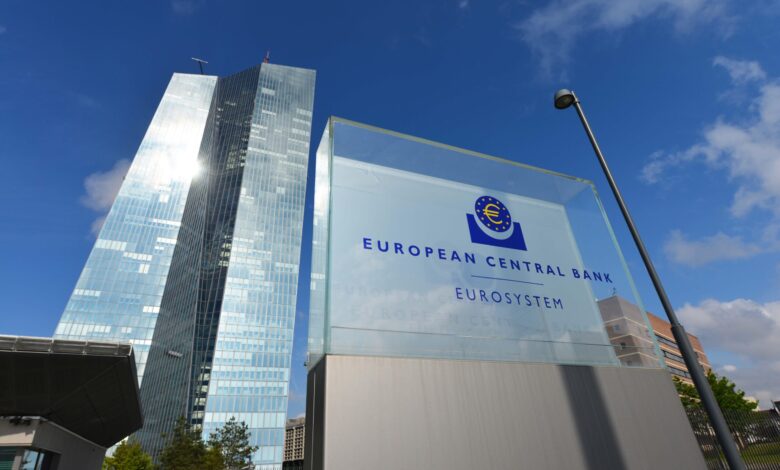European Central Bank Progresses Toward Digital Euro Introduction

The European Central Bank took an additional stride on October 18 in the direction of introducing a digital version of the euro. This would allow individuals in the 20 countries that share the single currency to conduct electronic transactions securely and without fees.
Initiating a “preparation phase” for the digital euro on November 1, the ECB intends to establish regulations, select private-sector partners, and engage in testing and experimentation over the next two years. The ECB stated that the Governing Council would make a decision after this phase, determining whether to progress to the subsequent stages for the potential issuance and rollout of the digital euro.
While this development signifies a minor step within a long-term initiative, it positions the ECB ahead of other central banks within the Group of Seven (G7) wealthy nations, possibly serving as a model for others to follow. Several Caribbean countries and Nigeria have already introduced digital currencies, while China and Sweden have implemented pilot projects.
Contrarily, the Fed, the Bank of England, and the Bank of Canada have approached similar projects with greater caution.
The digital euro is anticipated to function much like an online wallet or bank account, except that it will be free and guaranteed by the ECB rather than a private entity, enhancing its safety. However, the project has garnered criticism from various quarters, including bankers, regulators, some academics, the European Union’s privacy watchdog, and certain consumer groups.
Markus Ferber, a German member of the European Parliament for the conservative European People’s Party, emphasized the ECB’s failure to effectively communicate the added value of the digital euro. Concerns have been raised that a digital currency might trigger a run on commercial banks during times of crisis, without significantly enhancing existing account functionalities.
The ECB believes that the digital euro will introduce competition in the payments market, currently dominated by U.S. credit card companies. To alleviate concerns about potential repercussions for commercial banks, the ECB plans to impose a cap on the amount of digital euros that any individual can possess, likely around 3,000 euros.
Moreover, the International Monetary Fund has suggested that digital currencies are expected to have a limited impact on monetary policy outside of crisis situations. The IMF also published guidelines for central banks on how to proceed with such initiatives.
Similar to physical cash, users of the digital euro will be able to conduct small offline transactions with nearby counterparts. The ECB has assured that it will not retain any data on individual transactions.
The digital euro will be distributed by the ECB, commercial banks, and digital wallet providers, catering exclusively to residents of the euro area and its citizens residing abroad, thereby addressing concerns about widespread adoption in regions with weaker local currencies.
According to the European Commission, electronic payments in the EU increased from 184.2 trillion euros ($201.7 trillion) in 2017 to 240 trillion euros in 2021, driven by the COVID-19 pandemic.
A survey by the Bank for International Settlements indicates that central banks representing one-fifth of the global population are likely to issue their own digital currencies within the next three years. While many such projects gained momentum around 2019, following Facebook’s announcement of a digital currency, they were eventually abandoned.
The proliferation of stablecoins, which are crypto tokens backed to some extent by traditional currencies, has given impetus to central banks’ digital currencies (CBDCs).





